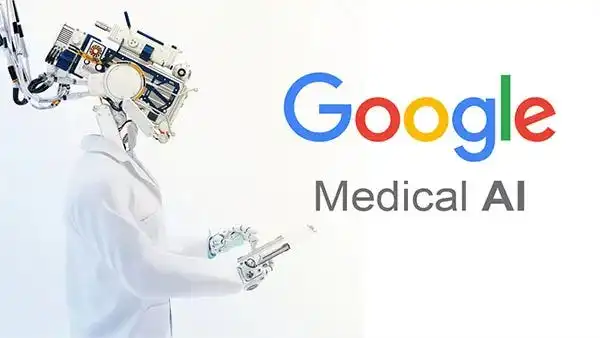Impact of Google’s AI Models in Healthcare
Impact of Google’s AI Models in Healthcare. In the ever-evolving landscape of healthcare, the integration of artificial intelligence has become a game-changer. One of the most notable developments is Google’s new AI models, which are reshaping the way doctors approach patient care. In this article, we’ll delve into the groundbreaking ways doctors are leveraging Google’s AI advancements to enhance healthcare outcomes.
Table of Contents
AI Revolution in Healthcare
Understanding the Core Concepts
Google’s foray into healthcare AI is not just a technological marvel; it’s a paradigm shift. At its core, the system relies on intricate algorithms that process vast amounts of medical data to derive meaningful insights. This goes beyond traditional methods, allowing for a more nuanced understanding of patient conditions.
Landscape of Possibilities
The applications of Google’s AI models in healthcare are as diverse as they are impactful. From diagnostics to treatment recommendations, these models are proving to be invaluable tools for doctors seeking more accurate and timely information. Let’s explore some key areas where these models are making a difference.
Revolutionizing Diagnostics
Enhancing Accuracy in Disease Detection
One of the standout features of Google’s AI in healthcare is its ability to analyze medical images with unparalleled accuracy. Radiologists, for instance, can now rely on AI assistance to detect subtle abnormalities that might elude the human eye. This not only improves diagnostic accuracy but also expedites the entire diagnostic process.
Tailoring Treatment Plans
Personalized Medicine through AI Insights
Impact of Google’s AI Models in Healthcare. Google’s AI models take personalized medicine to new heights. By analyzing patient data, genetic information, and treatment outcomes, these models assist doctors in tailoring treatment plans that are not only effective but also specific to an individual’s unique health profile.
Bridging Gaps in Patient Care
Improving Communication and Coordination
Communication breakdowns can be detrimental in healthcare. Google’s AI models address this challenge by facilitating seamless communication and coordination among healthcare professionals. This ensures that the right information reaches the right people at the right time.
The Human Touch in AI-Driven Healthcare
In the quest for technological advancements, it’s easy to overlook the human aspect of healthcare. Google’s AI models are not here to replace doctors but to empower them. The human touch remains indispensable in providing empathy, understanding, and holistic care.
Decoding the AI-Healthcare Nexus
Google’s new AI models are not just tools; they are catalysts for a healthcare revolution. As doctors embrace these advancements, the synergy of human expertise and AI capabilities promises a future where healthcare is not only more efficient but also more personalized.
FAQs:
How do Google’s AI models improve diagnostic accuracy?
Google’s AI analyzes medical images with unmatched precision, aiding in the detection of subtle abnormalities.
What role does personalized medicine play in treatment plans?
Google’s AI leverages patient data and genetic information to tailor treatment plans for individual health profiles.
How does AI address communication challenges in healthcare?
AI facilitates seamless communication among healthcare professionals, ensuring timely information exchange.
Is the human touch still relevant in AI-driven healthcare?
Absolutely. While AI enhances efficiency, the human touch provides empathy, understanding, and holistic care.
What is the future outlook for AI in healthcare?
The future holds a promising blend of AI advancements and human expertise, shaping a more efficient and personalized healthcare landscape.







